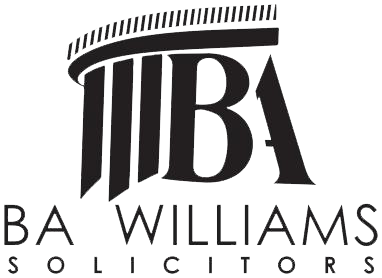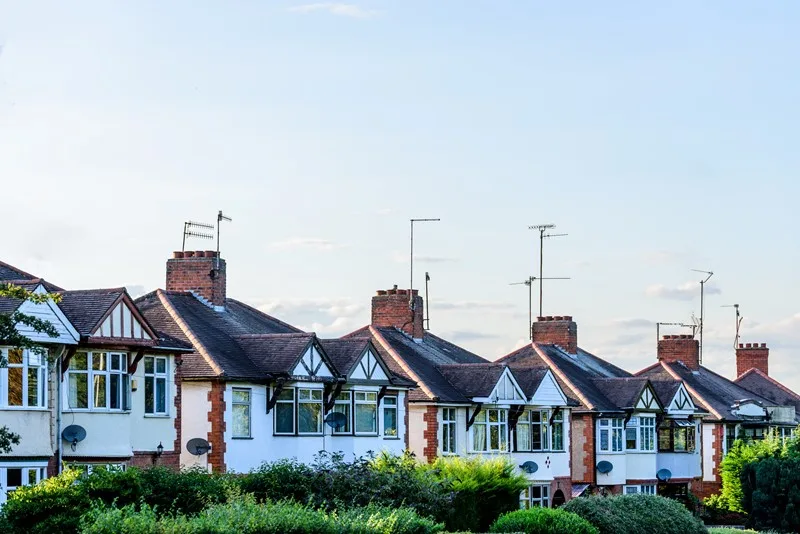Gravesham Borough Council opposed the renewal of a telecommunication site lease which had been granted to the predecessor of On Tower for a term of 20 years (expiring in March 2017). The tenancy of the site was continued by part 2 of the Landlord and Tenant Act 1954 (LTA 1954). This tenancy was assigned to On Tower in September 2019.
For a number of years, the Council has been wanting to undertake repairs to the roof of the building where the mast was situated. However, no agreement had been reached with On Tower or its predecessor to enable those works to be carried out. In December 2021, the Council gave notice to On Tower under Section 25 of the LTA, terminating its tenancy in June 2022 and notifying it that a renewal of the tenancy would be opposed.
On Tower appealed to the Country Court for a new tenancy under Section 24(1) LTA which was granted in July 2022. On Tower’s solicitors had to serve the Council within four months. Due to an extraordinary set of circumstances, the service did not take place on time.
On Tower UK Limited sought a new code agreement under the Electronic Communications Code. The Council refused and On Tower applied to the Court. The First-tier Tribunal (Property Chamber) initially allowed On Tower's claim, but Gravesham Borough Council appealed.
Decision:
The Upper Tribunal (UT) confirmed that rights for telecommunications operators under the Electronic Communications Code (the Code) and Part II of the LTA 1954 are mutually exclusive. Operators cannot benefit from Code rights if they have exhausted their renewal rights under the LTA 1954.
The UT noted that allowing an operator to seek a new code agreement after failing under the LTA would be inconsistent with the intended operation of the code. The code was never intended as a way to circumvent the LTA.
With regard to On Tower's failure to serve the claim form in time, the UT noted that it was a procedural error, not an abuse of process.
The UT did not really analyse On Tower’s arguments that not permitting operators to apply under Part 4 of the Code would lead to several unintended consequences. Indeed, an operator could make an application under paragraph 20 in relation to an immediately adjacent site in the same ownership, and move its apparatus a few yards sideways, or could shut down its equipment and the service it provides and move out of occupation, so as to be in a position to serve a paragraph 20 notice.
Implications:
This decision makes it clear that if operators lose their security of tenure under the LTA 1954, they cannot use the Code regime to renew their rights. In fact, if they lose their security under LTA, they will find themselves without renewal rights under either regime.
It is also a good reminder to make a decision on time rather than postponing it. This decision reflects the lack of willingness from courts or tribunals to allow a party to take advantage of their own mistake.




